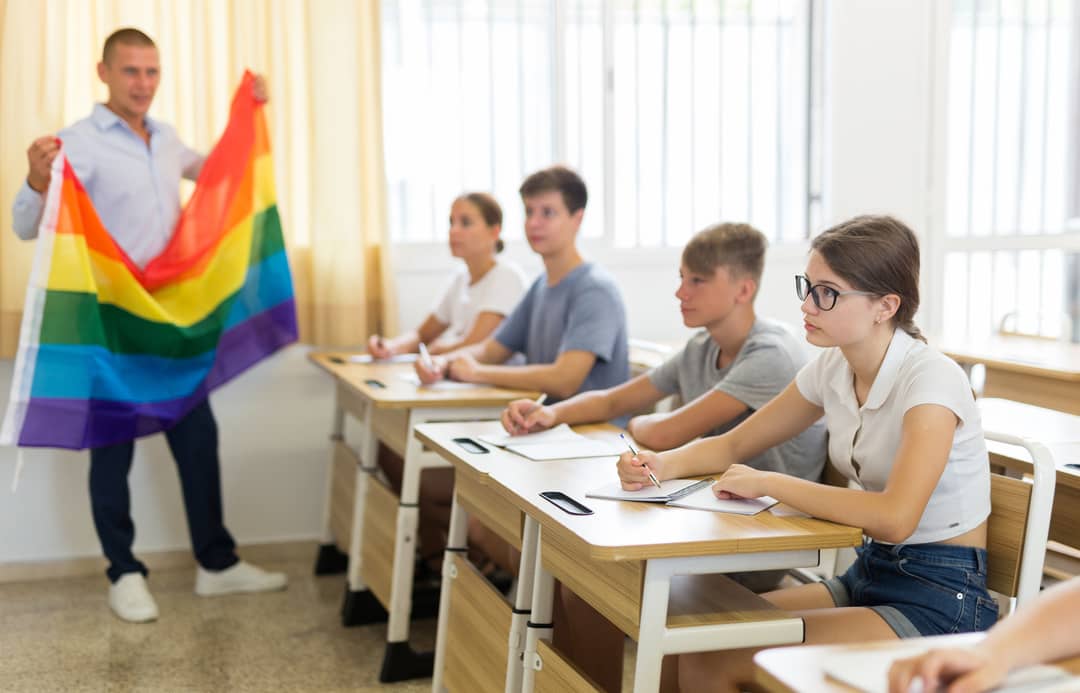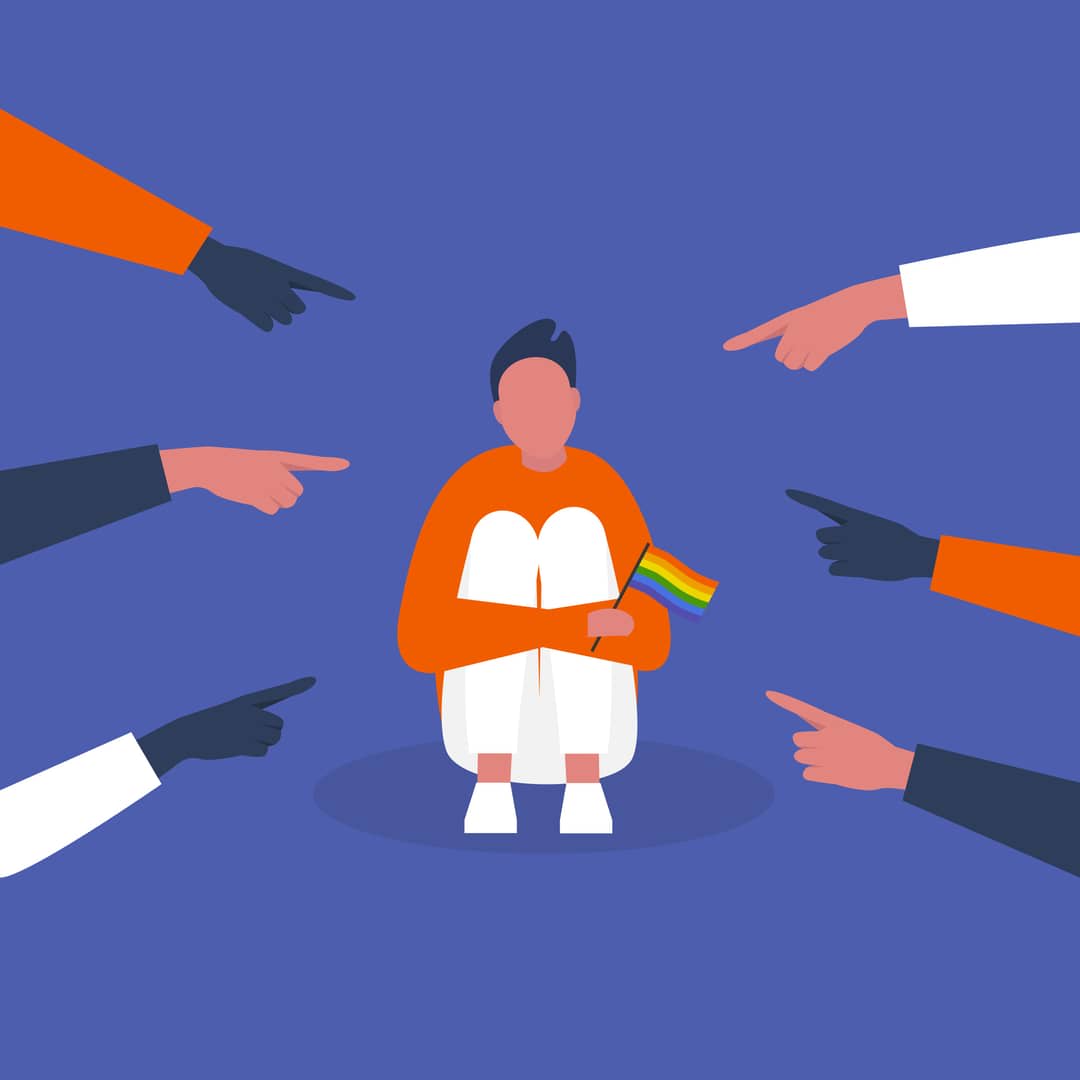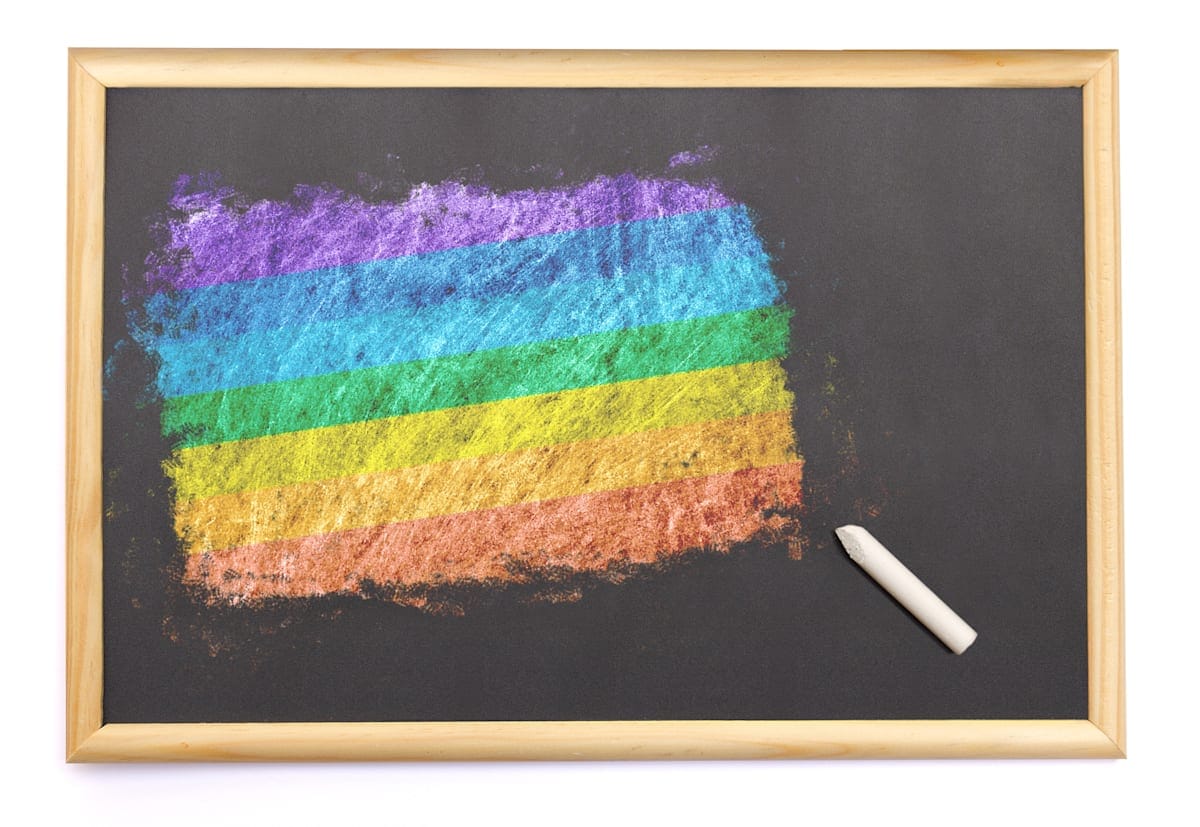
In his acceptance speech, Prime Minister Anthony Albanese evoked a kinder Australia, in which “we should always look after the disadvantaged and the vulnerable”. This follows from his pre-election promise to end the ability of schools to expel queer students.
Read more: Will things be better for LGBTIQA+ people under Labor? Here’s what the new government has promised
The importance of these statements cannot be understated for queer young people in Australia, many of whom experience harassment and discrimination in schools.
Alarmingly, a study by Western Sydney University in 2021 indicated that 93% of queer young people report hearing homophobic language at school, with one in three hearing this language daily.
The Australian Youth Barometer, our nationally representative survey of young people in Australia, included responses from just over one in five young people who were queer.
Their responses, published in our latest report Queer Young People in Australia: Insights from the Australian Youth Barometer, highlight the disproportionate challenges that queer young people face in educational institutions.

A staggering 69% of queer young people in the sample reported experiencing significant stress about interacting with other students.
These negative experiences impact queer young people’s mental health and wellbeing, with previous research indicating that they are five times more likely to attempt suicide than their peers.
Yet, queer young people are unable to access the support that they need.
Read more LGBTQIA+, stigma and community barriers to healthcare
In comparison to heterosexual young Australians, queer young people were 71% more likely to have sought but not received mental health support in the past two years.
The responses also told us that 62% of queer young people surveyed were dissatisfied with the health and mental health support provided in educational institutions.
Importantly, these challenges are not created by queer young people themselves, they are a reflection of broader society’s own doing. For this reason, we must all play an important role in addressing these challenges.
The way we talk about queer people and their experiences is an important place to start.

There are inclusive language guides that provide clear suggestions on how to use inclusive language, as well as learn how to recognise when marginalising language is used by others.
We can also listen to youth-focused queer organisations such as Minus18 and The Trevor Project to learn how to better support queer young people in our every day lives.
School communities can bring gender and sexuality-inclusive perspectives to discussions of respectful relationships and consent.
Yet, these actions must go hand-in-hand with action from the Australian government. Almost three quarters (74%) of queer young people in our study indicated that they want politicians to provide greater social services support - especially to address the lack of queer-inclusive healthcare and exclusion from formal civic information gathering exercises, such as the census.
Albanese said: “The government I lead will respect every one of you every day.”
This respect is incredibly important, but it must be accompanied by queer-affirming action from schools, workplaces and our new government





